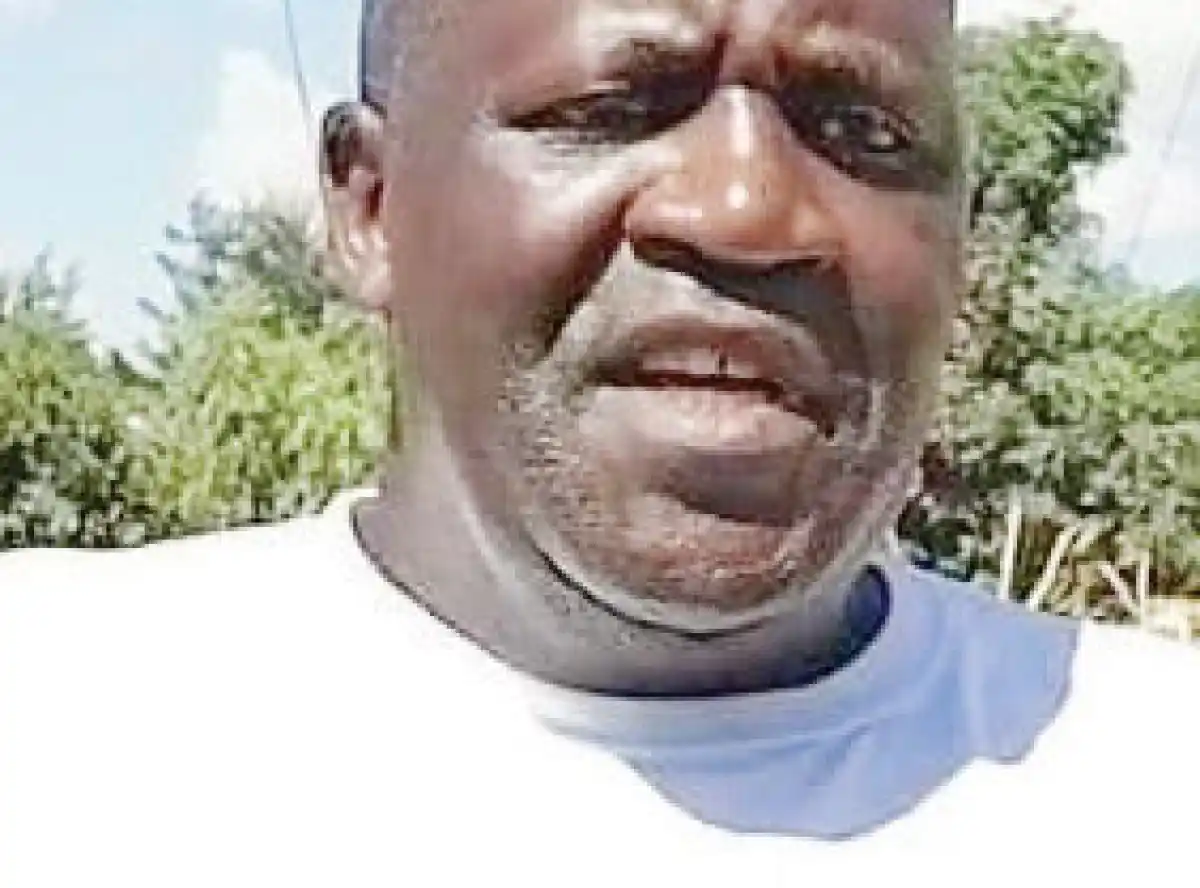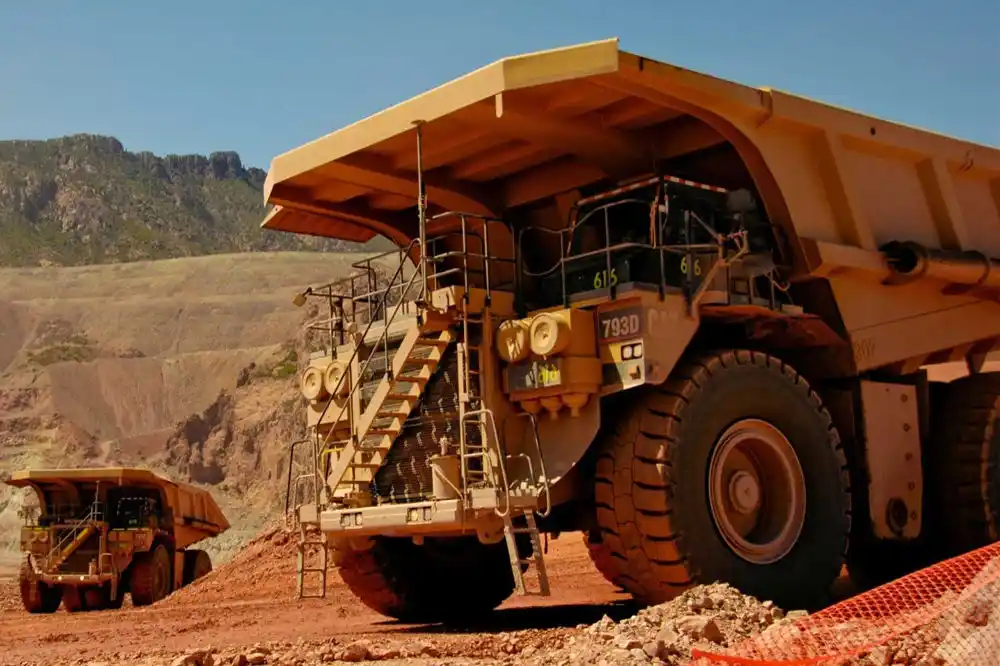
By Wezzie Gausi:
A financial crisis has hit the implementation of Malawi Rural Electrification Programme (Marep) 9, with the Ministry of Energy indicating that it has no resources with which to complete phase 9 implementation.
It says it requires K76.5 billion to complete the phase but has been struggling to raise the money because it is not getting Marep funds from the Malawi Energy Regulatory Authority (Mera).
Mera gets the funds from the fuel levy.
At the moment, 90 percent of the funding for Marep comes from the fuel levy while the remainder comes from other sources.

Speaking after meeting members of the Parliamentary Committee on Natural Resources and Climate Change and Government Assurance and Public Sector Reforms at Parliament Building in Lilongwe Tuesday, Rural Electrification Deputy Director Francisco Chingoli said the ministry also needed K64 billion for the procurement of materials for Marep 10.
He, however, said they only had K570 million in their account.
“The Malawi Energy Regulatory Authority owes the Ministry of Energy K102 billion which, if provided, would have helped us complete [implementation of] Marep 9 and also plan for Marep 10.
“Year-to-date collection [April 2023 to March 31 2024) stands at K15.3 billion against a budgeted figure of K34.3 billion, representing K19 billion under collection,” Chingoli said.
Weighing in on the issue, committee chairperson Werani Chilenga said the only way out of the problem was to adjust fuel prices in the country.
He said as things stood, the government was failing to collect enough revenue due to the politicisation of the fuel price hike issue.
“If the trend continues, there is nothing good that is going to happen with Marep 9. And, surely, we cannot talk about starting Marep 10 when phase 9 is not yet completed.
“Our appeal remains the same; the government should reasonably adjust fuel prices and all other things will fall in place,” Chilenga said.
Under phase 9, Marep intended to connect 460 households but only 227 have been reached.
The objective of Marep is to increase access to electricity for people in peri-urban and rural areas as part of the government’s effort to reduce poverty levels, transform rural economies, improve productivity and improve the quality of social services.
In August this year, Mera spokesperson Fitina Khonje told The Nation newspaper that the landing cost of fuel in the country was higher than the prevailing fuel pump price.
She said as a result, importers were under-recovering, thereby failing to remit the levy.
“Mera is failing to remit the levies because it has not been receiving the said levies from importers. The importers have not been able to remit the levies since they are landing the products at higher costs than what they are able to be compensated from the prevailing fuel pump prices,” The Nation quoted Khonje as saying.
During the last week of August, Chilenga also recommended that the government consider raising fuel prices due to challenges that Mera was grappling with.
He said Mera indicated that K783 billion in under-recoveries had been accumulating since May 2022, following the depreciation of the Kwacha against the United States dollar and the lack of upward adjustment of fuel pump prices to meet the required level as recommended by the Automatic Pricing Mechanism.

He added that Mera indicated that National Oil Company of Malawi’s losses, which at the time were pegged at K592 billion, included a loan of K380 billion that the company obtained from Trade Development Bank in 2018.
Currently, the monthly losses are projected at K18 billion.
Recently, Consumers Association of Malawi (Cama) Executive Director John Kapito asked Mera to raise fuel prices to address fuel scarcity challenges in the country.
“Price increases of petroleum products negatively affect consumers due to the knock-on effect on other goods and services.
“However, when weighed against the scarcity of fuel on the market and its negative impacts, Cama believes that the effects of regulated higher prices are a lesser evil than fuel scarcities,” Cama indicated in a statement.







0 Comments